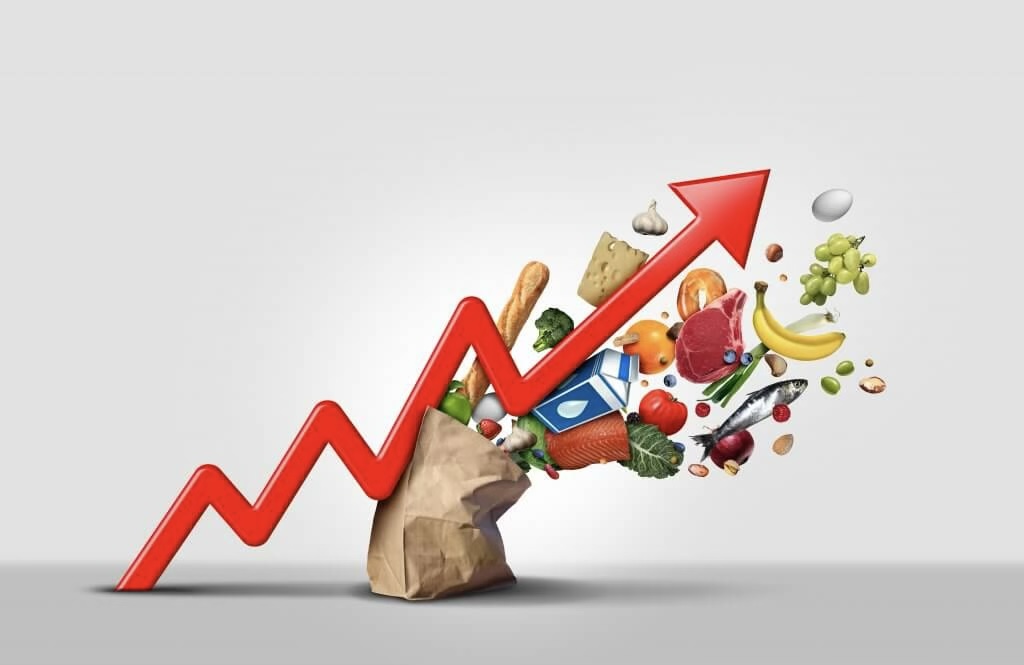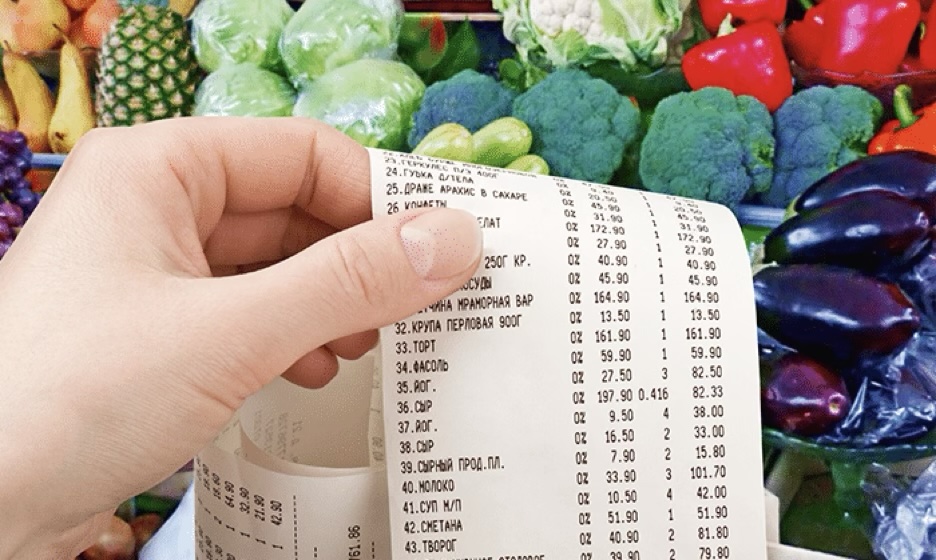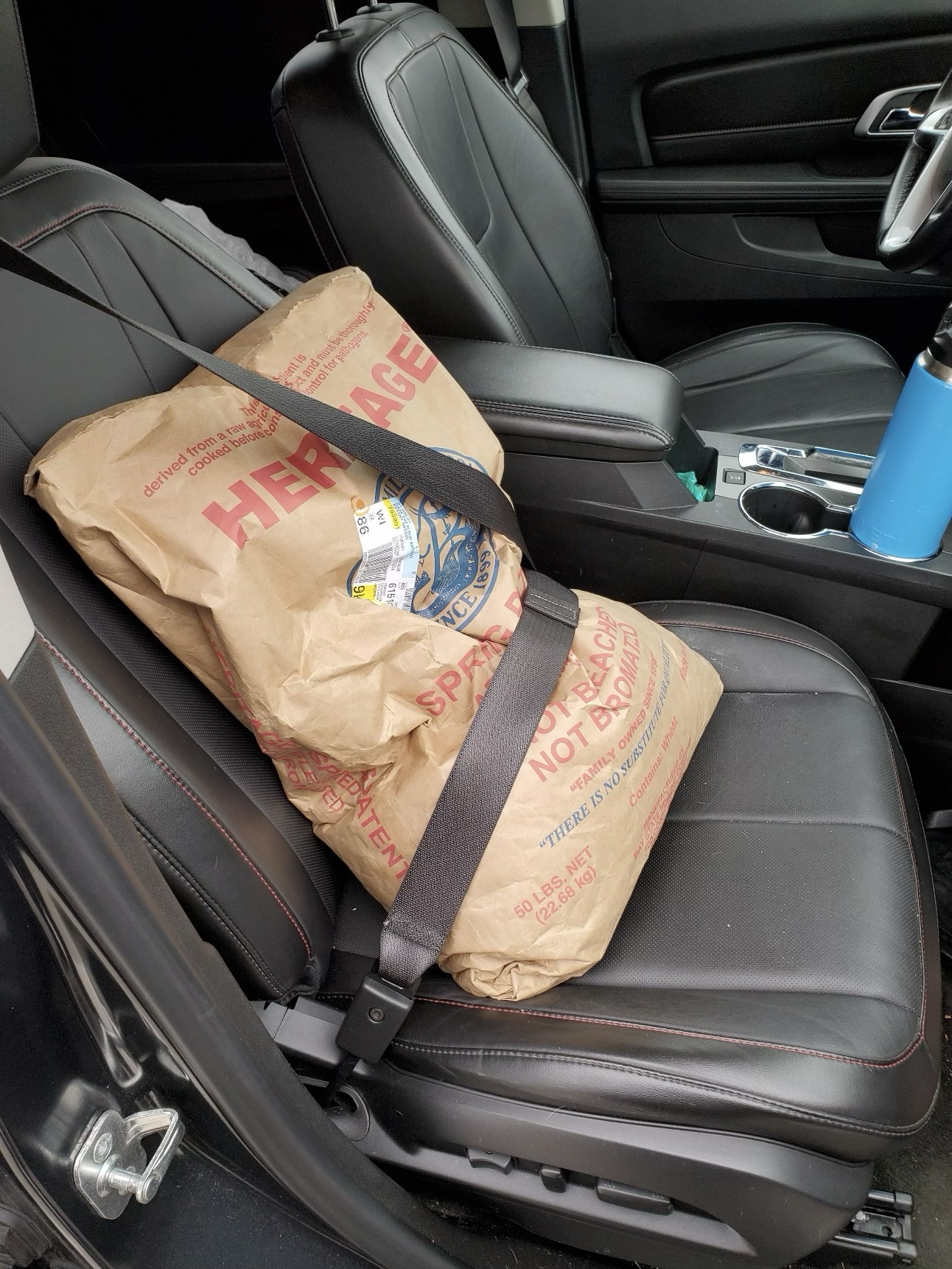With a Little Planning and Proactivity, We’re Gonna Be Fine!
ALL politics aside, we are likely going to be affected by U.S. imposed tariffs very soon (if we haven’t already). So I’ll cut to the chase: These are the foods most likely to be affected when tariffs go into effect. (This information comes to us via www.eatingwell.com, and I thank them for this well-researched advice. I share it not to create any kind of panic, fear, or dismay. We just want to be proactive and consider stocking up.)

First of all, if tariffs against agricultural products do go into effect, shoppers can expect to see prices change fairly quickly. And there may also be some supply chain disruptions. Though demand for groceries will stay the same, supply may decrease, since importers of record are responsible for paying the newly imposed fees.
This scenario is more likely to occur among smaller importers, while larger corporations will almost certainly pay the fees. Smaller importers will have to pay the fees on any goods they do decide to bring in, but they may scale back their imports to avoid the added cost.
We can expect to see higher prices for beef and seafood, cereals, legumes and maple products. And we’ll see increases in the price of avocados, tomatoes, peppers, berries, cucumbers and greens, as well as for nuts, sugar, and orange juice products.

Food experts suggest looking to frozen fruits and veggies as a hedge against skyrocketing prices in the produce department.
Prices are also expected to rise for beans and legumes. Stocking up on dry and canned varieties is another good idea. Keep canned legumes, like beans and lentils, in a cool, dry place such as the pantry for up to two to five years. Dry beans can be stored for about one or two years in your cabinet or pantry. Note that although canned foods typically last even longer, taste and texture can be affected after a few years.
But here’s the thing: It’s important to reflect on COVID-era experiences before stockpiling foods that may ultimately go to waste—like those 50-pound bags of flour (UNLESS you really do bake that much!). Tariffs or not, buying foods that you regularly consume in bulk is a smart cost-saving plan when done correctly.

And here’s the best advice of all: Stick with purchasing things that you use regularly, whether it's a particular cut of meat you use in a favorite weeknight dinner or some frozen fruit that's key to your morning smoothie. With a little planning and proactivity, we’re gonna be fine.
 Alice Osborne
Alice Osborne
Weekly Newsletter Contributor since 2006
Email the author! alice@dvo.com
Sources:
- www.powerknot.com
- www.chicagohealthonline.com
- www.reddit.com
